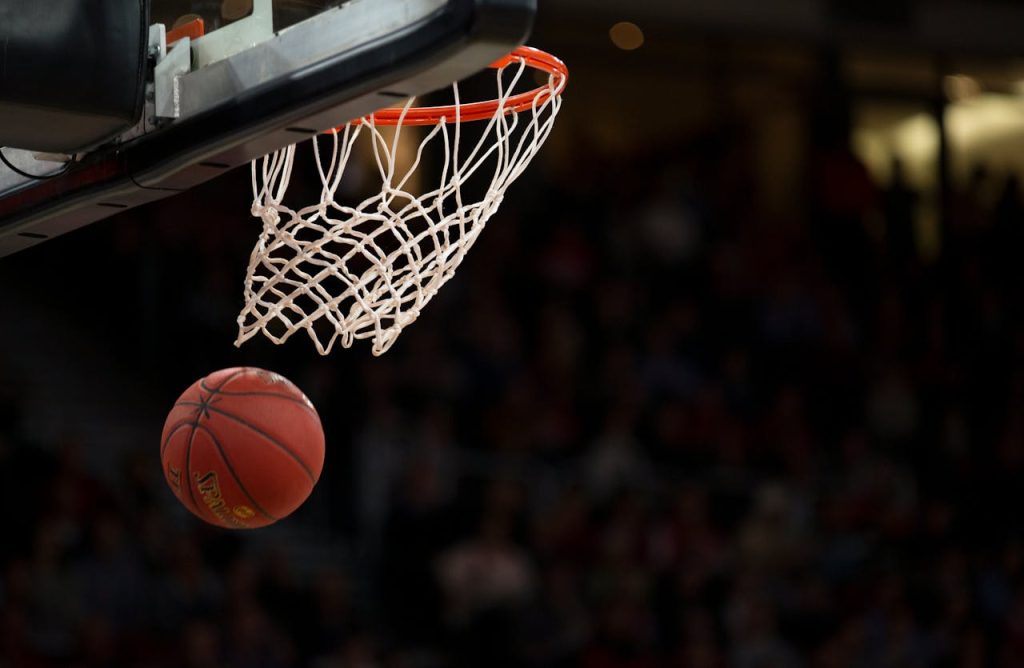
Earlier this week, the NCAA agreed to permanently eliminate its rule prohibiting student-athletes from negotiating NIL deals before enrolling in a university. This change stems from a legal settlement with several states who argued that the previous restrictions violated antitrust laws. To sum it up: the policy change allows prospective student-athletes to engage in NIL negotiations during the recruitment process, offering them greater autonomy and financial opportunities. While a federal judge still needs to approve the proposed settlement, here are 8 ways you or a college-bound athlete you know can benefit.
8 Ways the NCAA NIL Rule Change Benefits
1. Better decision-making. Allowing athletes to negotiate NIL deals before enrollment provides them with a clearer understanding of the financial opportunities available at different institutions. This transparency enables athletes to make more informed decisions about where to commit, considering both athletic and financial prospects.
2. Enhanced financial security. Early NIL agreements can offer athletes immediate financial benefits, helping to offset college expenses such as tuition, housing, and other living costs. This financial support can reduce the need for student loans and alleviate economic pressures, allowing athletes to focus more on their academic and athletic endeavors.
3. Increased marketability and brand development. Starting NIL negotiations early allows athletes to begin building their personal brands before stepping onto the collegiate stage. This proactive approach can lead to more lucrative partnerships and sponsorships, enhancing their marketability throughout their college careers.
4. Leveling the playing field. Previously, only enrolled athletes could negotiate NIL deals, which may have disadvantaged incoming students unfamiliar with the process. The new policy ensures that all athletes, regardless of their enrollment status, have equal opportunities to benefit from NIL agreements, promoting fairness and equity in collegiate athletics.
5. Encouragement of entrepreneurial skills. Engaging in NIL negotiations encourages athletes to develop business acumen, contract negotiation skills, and an understanding of marketing strategies. These skills are valuable beyond their athletic careers, fostering a sense of entrepreneurship and financial literacy.
6. Attraction and retention of talent. Universities that support and facilitate NIL opportunities may become more attractive to top talent. This ability to negotiate NIL deals pre-enrollment can serve as a recruitment tool, helping institutions build stronger athletic programs and retain gifted athletes who might otherwise pursue alternative paths.
7. Compliance and transparency. By allowing NIL negotiations before enrollment, the NCAA promotes a more transparent environment where deals are openly discussed and documented. This transparency can reduce under-the-table agreements and ensure compliance with NCAA regulations, maintaining the integrity of collegiate sports.
8. Legal and ethical alignment. The policy change aligns NCAA regulations with current legal standards concerning antitrust laws. This alignment not only prevents potential legal disputes but also upholds ethical standards by recognizing the rights of student-athletes to capitalize on their NIL.
The NCAA’s decision to permit NIL negotiations before enrollment marks a progressive step toward empowering student-athletes. This policy change offers numerous benefits, including enhanced financial security, informed decision-making, and the development of valuable life skills. The move signifies a commitment to supporting the rights and opportunities of student-athletes, ensuring they can fully benefit from their talents and contributions to the sports industry.